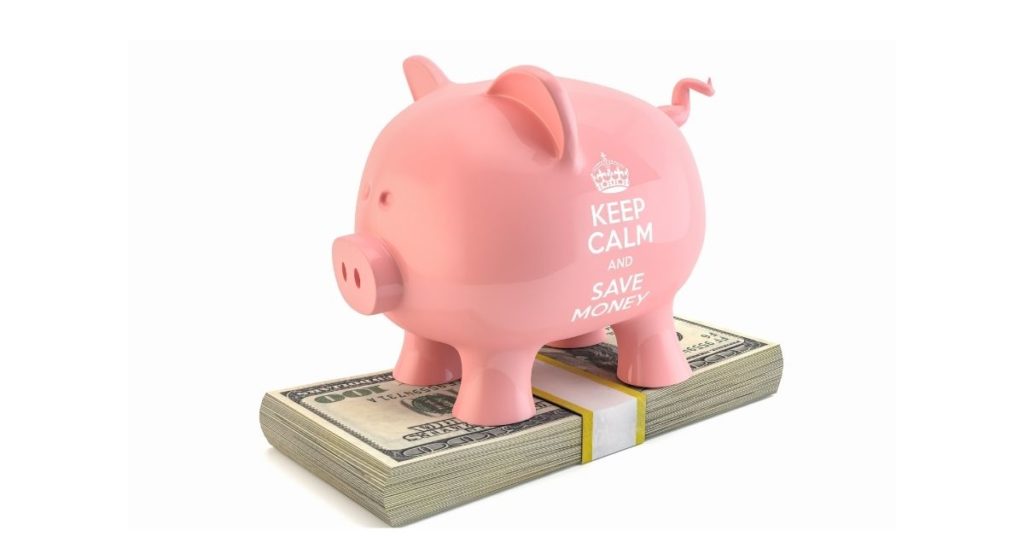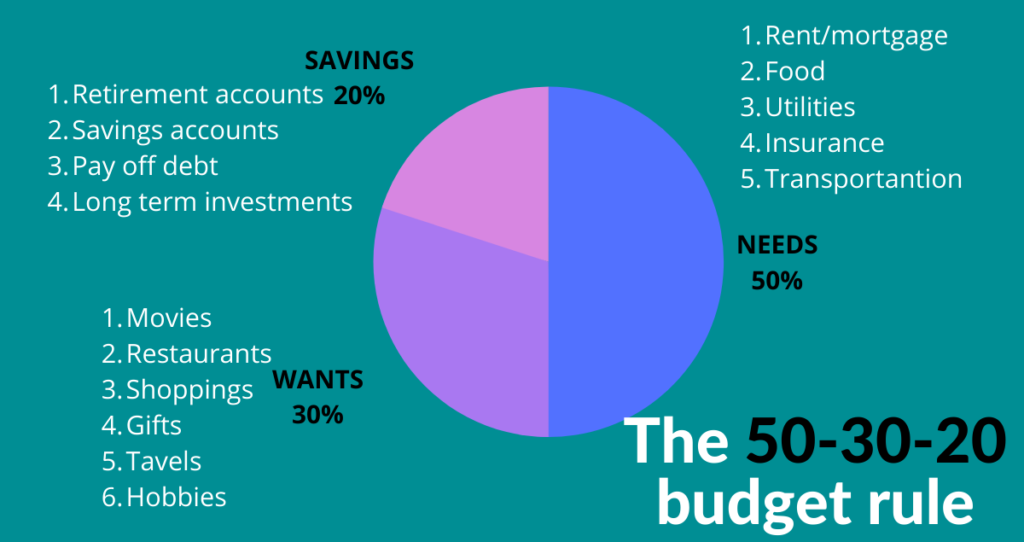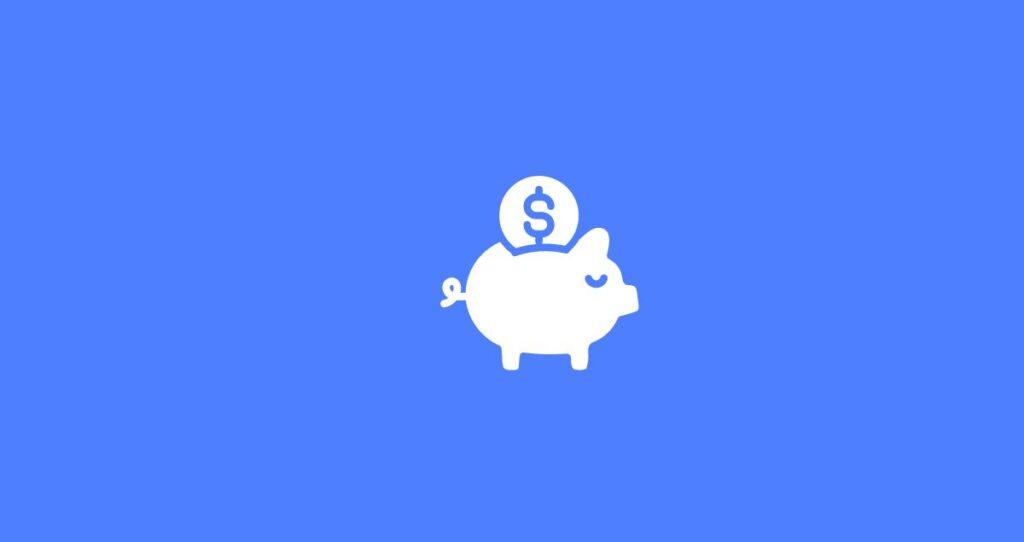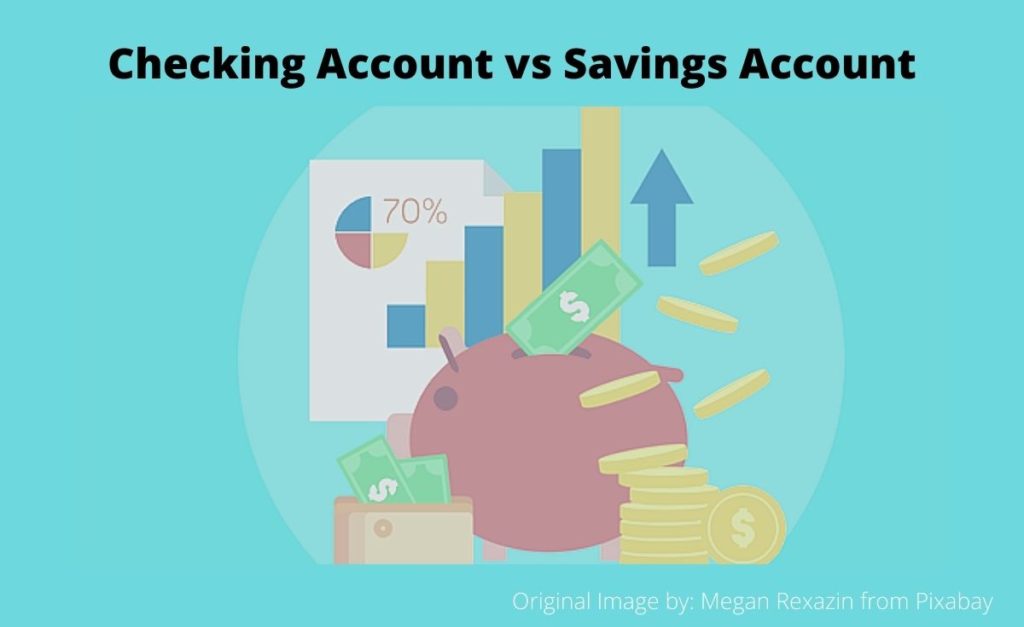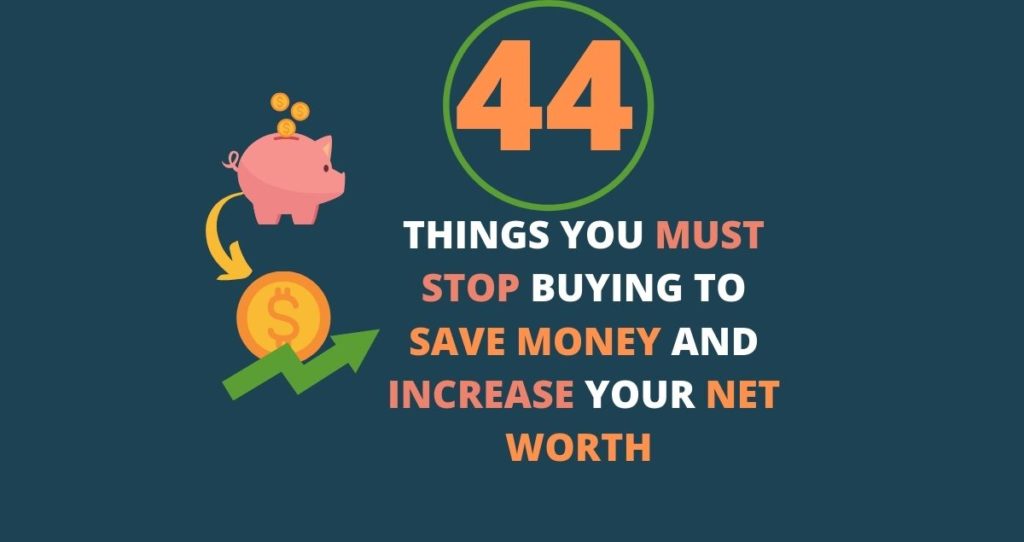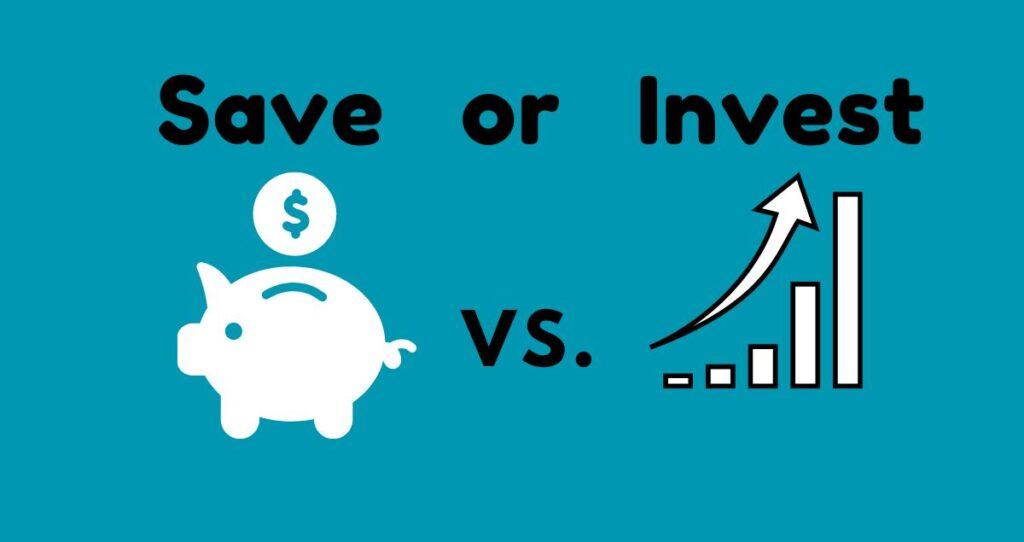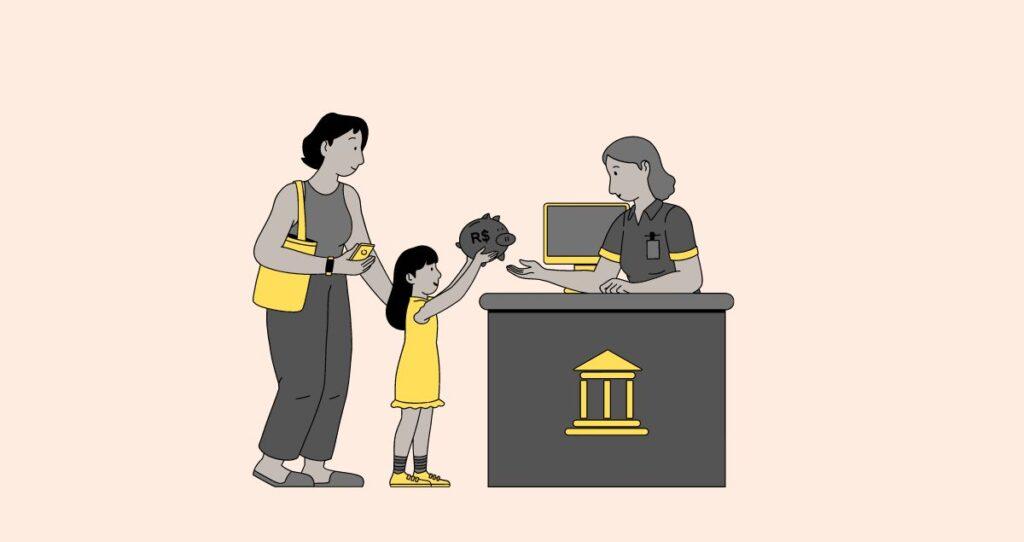While there are many reasons you might be struggling financially such as a low income and too much debt, excessive spending habits could also be part of the problem. Buying things you don’t need could be the primary reason your finances are not in order and have been living in poverty for generations. To stop buying things you don’t need and improve your financial situation, you might need to evaluate your spending habits and money decisions to make necessary adjustments.
If you keep wasting your money on junk and your house is full of useless stuff, this guide can help you turn things around. In this article, I will walk you through practical tips to stop buying things you don’t need to improve your finances and boost your net worth.
Without further ado, let’s get started.
1. Become aware of your spending habits
If you struggle with buying things you don’t need, it might have something to do something with your spending habits. Are you one of those people who are always looking for the next hot thing to buy? Or maybe you are always trying to buy excessive things to impress your friends and neighbors. Either way, it is not good for you or your wallet.
Excessive spending habits are dangerous and can lead to chronic poverty and financial stress for generations. If you struggle with bad spending habits, improving these habits will be an essential step to stop buying things you don’t need successfully. Knowing that you don’t need to impress anyone and nobody cares about what you own is critical to managing your finances and improving your savings.
One of the strategies to stop buying things you don’t need is to follow a money rule or saving challenge. The most effective way to budget your money is to use the 50-30-20 budget rule which states that you allocate 50% of your income on need, 30% on wants, and 20% on savings. Even if you spend money afterward, at least you will have saved in your future and taken care of your needs such as rent, food, and insurance.
How to change your spending habits and be good with money?
2. Challenge yourself to take an inventory before you go shopping
One of the reasons people buy things they don’t need is to go shopping without taking an inventory of their homes. Yes, it can be tedious to count items you have in your home, but not doing so ends up costing you money in unnecessary purchases.
It sounds simple if you think about it for a minute. If you are planning to go shopping for food, isn’t that a good idea to look into your fridge to find out what has run out? In the next few paragraphs, I will discuss the idea of shopping with a list which is another strategy to stop buying things you don’t need. If you are going to create a list of things you need to buy, how will you create it without doing your inventory?
The point here is that if you are serious about saving money and stop buying junk you don’t need, it is critical to conduct an inventory of your home. The inventory will help you figure out what run out, what you can wait and buy next time, and what items you still have.
This way you can easily make a definitive list of things you need to buy at that particular time. The lack of inventory leads to buying things you don’t need and later some of them get spoiled and thrown away. It is pretty much a waste of money.
3. Shop with a list and a shopping goal
I can’t blame you if you go to the market for one thing and come with a cart full of products you did not even know existed. With so many flashy and well-advertised products, it can be difficult to stop buying things you don’t need. Everything you see in stores whether online or physical stores is by design. Businesses understand that trickery is the only way to make you spend your money. To avoid falling into their traps, shop with a list and have a shopping goal in mind.
What this means is that you write down a list of products you want to buy, how many you need, and why you need that particular amount. Once you are at the store, only buy things you have written down with the correct amount. Even if there is a cool toy you think your kids will like, don’t buy it unless it was written on the list. This shopping strategy is so effective that it will help you avoid impulse shopping and save money on your purchases.
4. Avoid impulse shopping
Have you ever been to a store and felt like some products were calling you to buy them, especially in the main idles? These products are called impulse products and are displayed there to catch your attention. Store managers know that to buy things you don’t need, they must get your attention and trigger your impulse shopping emotions. That is why they put impulse products in the middle of idles with heavy traffic. It is also the same reason, that things you need such as milk, yogurt, drinks, and eggs are in the back of the store instead of the front. The idea is that you have to go through countless number of impulse products to get to what you need to buy.
They hope that on your way to the back of the store, you will pick one or two more products. I always struggled with my shopping habits until I learned this psychological game. To not fall into store traps and stop buying products you don’t need, avoid impulse shopping. Even if the products you need are in the back of the store, you need to fight the spending temptations and stay disciplined enough while shopping. One way to avoid impulse shopping is to create a shopping list and stick to it. Always shop with a list and never buy an item that is not on the list no matter how much you want it.
You might also like: 20 clever ways to reduce expenses and increase savings
5. Establish a spending budget
You probably heard of budgeting and how you can use a budget to turn your finances around. If you have never heard of a spending budget, it simply means a written plan of how you are planning to spend your money. In your budget, you list every item you will buy and how much it will cost. You also establish spending limits which is essential in preventing you from buying things you don’t need.
If you have used up all the money for the month, you can’t buy an item you don’t need due to two reasons.
- You don’t have the money for it during that month
- It is not listed on your budget
- The item is not on your shopping list
I have used this money-saving strategy for a while and have saved thousands of dollars because of it. Start by creating a budget of the things you need such as food, rent, insurance, gas, utilities, etc. Then, limit the things you want such as entertainment, eating out, streaming services, etc. Also, write down everything you will buy ahead of time. With this strategy, you will never have to worry about buying things you don’t need.
Related article: 7 steps to make a personal budget
6. Resist sales and discounted products
Sales and discounted products are some of the biggest reasons people buy things they don’t need. You go to a store and see that a bike that was costing $100 is now $70. That is a 30% discount! What most people do is buy the bike because of the 30% savings. What they fail to realize is to evaluate the need for a bike in their lives. That is why you buy the bike and put it in your storage only to get rusty and dusty and eventually, you end up giving it away because you need the space for another flashy item you just bought which was not on your shopping list. What this means is that you did not get a 30% discount. Instead, you lost $70 on that bike plus the time you spent picking it and the frustration you endured trying to get rid of it.
This is just one example and the cycle never ends. This example does not even include Black Friday or Christmas shopping Franzy. Eventually, you look inside your home and realize it is full of junk you don’t need and have no idea why you purchased it in the first place.
To stop buying things you don’t need, stay away from discounted products and sales when you don’t need products from there. Just because an item is on sale, it does not mean you need to put it in your shopping cart. If you don’t need the item, you will be wasting your money. Start buying things because you need them. Not because they are on sale.
7. Challenge yourself to reach your saving goals
Another effective strategy I use to avoid buying things I don’t need is to establish saving goals and challenge myself to achieve them. I usually set saving goals each month and keep my focus on that goal. For example, If I have decided to save $1,000 this month, I won’t buy anything else that is not on my monthly budget until I have reached my saving goal which is $1,000.
This strategy has helped me improve my finances and I think it can help you too. To get started with this strategy, write down saving goals for your near future or long term. For example, if you think you might need to buy a car with cash, decide how much you want to spend on the car such as $20,000, and start saving toward that goal. Assuming that you will purchase the car in 2 years, you will need to save at least $833 each month.
Knowing that you need to save $833 every month so that you can buy a car with cash to avoid car loans and expensive fees will prevent you from purchasing things you don’t need. Your goals do not have to be saving for a car purchase. You can also save for retirement and establish a monthly contribution necessary to your IRA or 401(k). You could also save for a house down payment, a wedding, or travel.
Related article: 10 best saving goals you can start today
8. Put away your credit cards
Credit cards are some of the best products you can have. With credit cards alone, you can build credit, get discounts on some purchases, and access cash. On the flip side, credit cards can ruin your finances due to costly interest rates and put you in too much credit card debt that is hard to pay off.
Credit cards can also be dangerous to people who are irresponsible with their finances. Most people have an illusion of thinking they are not spending their own money when using credit cards. That is why they buy everything they can get their hands on with their credit cards. In reality, you are borrowing money to make those purchases and it must be paid off with interest. Unless you are disciplined enough and fully understand how credit cards affect your finances, you should not use credit cards.
If you have been buying things you don’t need using credit cards, it is time to put your credit cards away. Start using cash and only buy things based on your needs and list. If you don’t have cash for something, don’t buy it using credit cards. Start saving money and buy it only if you have saved enough money. By limiting your credit card purchasing power, you minimize the chances that you will buy things you don’t need.
Related post: Dangers of credit cards: Why credit cards are bad?
9. Avoid shopping online
Online shopping can easily lead to buying things you don’t need. With a click of a button, you simply add items to your cart and a few days later, they show up at your doorstep. This convenience leads to an illusion that you are not spending money or doing any work to get those items. The reality is that you are paying for those items with extra shipping costs. If you constantly purchase online, it ends up costing you more money in shipping costs over time and if you are also using credit cards, you could easily ruin your finances when you carry that balance.
Having millions of products accessible online can also lead to spending temptations and impulse shopping. You can easily see a dozen of eye-catching products on your screen at the same time. Chances are, you might end up buying one of them even if you don’t need it. To stop buying things you don’t need, start shopping in stores. The fact that you do physical work to go from one product to another prevents you from buying more products that you need. Seeing products in person also takes away the illusion that the product is better than it is.
You might also like: 14 Best Websites to Sell Products Online
10. Fight back your spending triggers
An effective tip to stop buying things you don’t need is to understand your spending triggers. Spending triggers are sets of emotions that lead to making a purchase with or without a need for it. Good examples of spending triggers include sadness, boredom, feeling bad about something, feeling deprived or deserving, etc.
For example, you can go shopping as a mechanism to fight boredom. Or if you had a bad day at work, you might stop by the shopping mall to get yourself a cool watch to make yourself feel better. While your response to spending triggers can suppress these emotions for a while, you will also end up buying things you don’t need. Typically, people don’t make the right decision when they are emotionally charged. It is in human nature.
You cannot go shopping every time you are emotional about something. And if you do, it is the main reason your house is full of junk.
To stop wasting your money on things you don’t need, recognize your spending triggers and avoid shopping when they have kicked in. For example, if you are feeling sad about something, don’t go shopping to make yourself feel better. You can easily cope with your sadness by talking to a friend over the phone or in person.
11. Do a monthly no-spend week
If you never heard of a monthly no-spend week, it is a spending strategy where you avoid spending money on unnecessary things for at least one week of the month. You still pay for things you need such as food, gas, etc. A monthly no-spend week is great for people who have been suffering from excessive spending and want to get their finances in order. For example, you can choose to not spend money on unnecessary things in the second week of the month.
One week might sound too easy or you might feel like it does not make a big difference, but it is a great way to start. In one week alone, you can easily save hundreds of dollars on your spending especially when living paycheck to paycheck.
12. Declutter your home
Cluttered homes are usually a leading cause of buying things you don’t need. When things are everywhere and your house looks like a junkyard, it can be difficult to know what you have and what you don’t have or where they are located. If there is something you want to buy, you won’t know if you have it and have no idea where to look. Going through the whole house looking for a small time also sounds like hard work when you can easily purchase it and be done with it.
This is why decluttering your home is an essential strategy to stop buying things you don’t need. When your home is organized and clutter-free, you know exactly what you have and where they are located. If you feel like you need to buy a screwdriver, for example, it will be easier to check the exact location where you put them after decluttering your house. If the one you need is not at that location, then you know you don’t have it for certain. Decluttering your home makes your life easier and prevents you from making unnecessary purchases.
Related article: 9 effective ways to declutter your home
13. Establish financial goals
Having financial goals is another strategy to avoid buying things you don’t need. Unless your goals have been reached, it will not make sense to keep buying things you don’t need when there are goals that need your attention.
For example, if you are planning to max out your IRA and still need to make more contributions, you won’t get engaged in a shopping frenzy on Black Friday. Your financial goals will keep you disciplined enough to stay on the right track and avoid excessive spending.
You might also like: 6 financial mistakes to avoid at all cost
14. Plan your purchases ahead of time
Earlier, I mentioned that you need to make a shopping list to stop buying things you don’t need. While making a list is essential, it is equally important to make the list before you head to the store after doing a home inventory. Planning your purchase ahead of time is also crucial to avoid buying unnecessary things due to rushing through decisions. If you make a list a few minutes before you head to the store, the list will be rushed and you will more likely miss something.
What I do to not buy things I don’t need is to make the list as items run out. Whenever something runs out, I write it down right away. By the time, I am ready to go to the store, the list is already complete and there is no rush to add or remove an item from the list. For this reason, planning my purchases ahead of time allows me to buy only the things I need.
15. Do a spending freeze challenge
Just like a monthly no-spend week, a spending freeze challenge also works similarly. Unlike the no-spend week, the spending freeze challenge can be much longer or shorter depending on the need. A spending freeze challenge intends to prevent you from spending your disposable income. If there is money left after paying your bills, that money should not be spent for the entire duration of the spending freeze challenge. What you can do is put that money in a high-yield savings account, CD, or emergency account, or buy investments that preserve your capital.
If you are getting started pick a shorter spending-free challenge and increase the timeframe over time. For example, you can start with a 2 to 3-day spending freeze challenge, then a week, a month, and later make the challenge six months or more. Like I said earlier, the money you are not spending should be invested or saved in an interest-bearing account. If you leave it in your checking account or as liquid cash, you might end up spending all of it at the end of your spending freeze challenges.
You might also like: 2 saving money challenges to save up to 50% of your income
16. Adopt minimalistic habits
Another strategy to stop buying things you don’t need is to adopt minimalistic habits. These habits focus on living off a few things that you need without accumulating a lot of items. Minimalistic habits also cover other strategies we have seen in this post such as decluttering, tidiness, and budgeting.
Minimalistic habits allow you to be a conscious consumer, establish goals, budget for your spending, and keep your finances in order. If you want to stop buying things you don’t need and are serious about it, minimalistic habits are an effective money-saving lifestyle you can start today.
